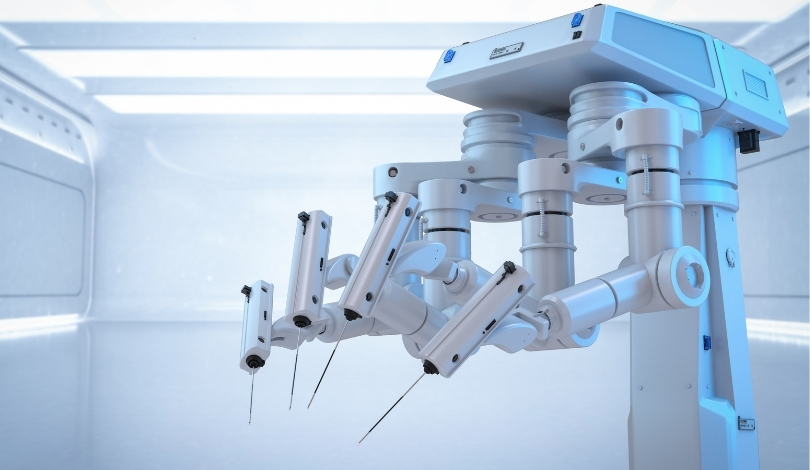Advancements in robotics continue as Unitree Robotics introduces its latest quadruped model, the Go2-W. This new iteration, part of the Go2 series, features wheels instead of traditional “paws,” expanding its capabilities. The Go2-W can seamlessly transition between wheeled motion for hard surfaces and traditional walking to tackle obstacles, providing enhanced versatility and efficiency. This innovation is part of a broader trend in the robotics industry, where mixed-modality robots are becoming essential for varied and complex environments.
Enhanced Mobility Features
The Go2-W retains the core specifications of the original Go2 model, including Unitree’s proprietary 4D LIDAR L1, which offers 360°x90° hemispherical ultra-wide recognition. With dimensions of 70cm x 43cm x 50cm and a weight of 18kg, the Go2-W maintains a compact and lightweight design. It also includes an enhanced battery option with a capacity of 15000 mAh. In wheeled mode, the legs function as active shock absorbers, ensuring smoother navigation for the robot and any onboard sensors.
Comparative Analysis with Competing Models
Unitree is not alone in exploring wheeled quadrupeds. Companies such as LimX and ANYbotics have showcased similar concepts. For instance, ANYbotics’ ANYmal is designed for industrial use and can operate in explosive environments. These advancements highlight the shared focus on mixed-modality robots that can efficiently navigate both smooth surfaces and rough terrains. The market for such robots is expanding, with usage scenarios ranging from industrial applications to potentially hazardous areas.
The Go2-W’s pricing remains undisclosed, but the basic Go2 model starts at $1600 USD, indicating a competitive pricing strategy. Comparatively, Boston Dynamics’ Spot and ANYbotics’ ANYmal are higher-end models built for extreme conditions. These models underscore the diverse applications and durability required in different sectors. Moreover, multiple companies, including Unitree, have pledged not to weaponize their robots, reflecting a commitment to ethical use in technological advancements.
The integration of wheels into Unitree’s Go2-W represents a significant step in the evolution of mobile robotics. As companies continue to innovate, the focus on creating adaptable and efficient robots remains paramount. Industry players are expected to further refine these technologies, making them more accessible across various fields. The ethical considerations in robotic development will also play a crucial role in shaping the future landscape of robotics.










